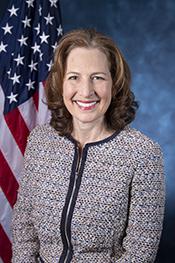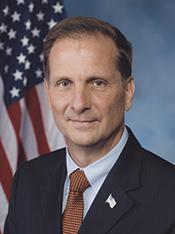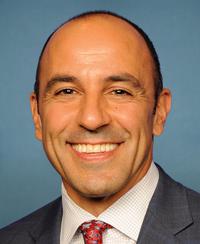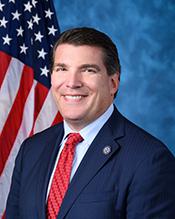0
Fire Department Repayment Act of 2023
1/14/2025, 7:03 PM
Summary of Bill HR 3396
The bill outlines a process by which fire departments can apply for reimbursement for costs such as equipment, training, and personnel expenses. It also establishes a fund to support these reimbursements, which will be administered by a designated government agency.
Additionally, the bill includes provisions for monitoring and oversight to ensure that funds are being used appropriately and efficiently. It also requires regular reporting on the impact of the program and any improvements that can be made. Overall, the Fire Department Repayment Act of 2023 aims to support and strengthen fire departments across the country by providing them with the financial resources they need to effectively respond to emergencies and disasters.
Congressional Summary of HR 3396
Fire Department Repayment Act of 2023
This bill requires standard operating procedures for reciprocal fire suppression cost share agreements.
The Departments of Agriculture, the Interior, Homeland Security, and Defense shall
- establish standard operating procedures relating to fire suppression cost share agreements established under the Reciprocal Fire Protection Act; and
- with respect to each agreement in operation on one year after enactment of this bill, review each agreement and modify it as necessary to comply with the standard operating procedures.
The standard operating procedures shall include a requirement that each fire suppression cost share agreement be aligned with each of the cooperative fire protection agreements applicable to the entity subject to such fire suppression cost share agreement.
The standard operating procedures shall also include
- a requirement that the departments, to the maximum extent practicable, complete reviews, including second-level reviews of a fire suppression cost share agreement, as soon as practicable after a wildfire related to the area covered by such cost share agreement is contained; and
- a requirement that in completing such reviews, the department concerned consults with state and local fire suppression organizations.
Read the Full Bill
Current Status of Bill HR 3396
Bipartisan Support of Bill HR 3396
Total Number of Sponsors
11Democrat Sponsors
11Republican Sponsors
0Unaffiliated Sponsors
0Total Number of Cosponsors
89Democrat Cosponsors
44Republican Cosponsors
45Unaffiliated Cosponsors
0Policy Area and Potential Impact of Bill HR 3396
Primary Policy Focus
Public Lands and Natural ResourcesPotential Impact Areas
Alternate Title(s) of Bill HR 3396
Comments

Charleigh Ellis
11 months ago
This bill is total garbage! It's gonna screw us over big time. Can't believe they're even considering passing it. #NotMyBill #OpposeHR3396

Blakely Poe
11 months ago
I can't believe this bill is passing. It's going to have a huge impact on me and my community. How will this affect us in the long run?

Braylon Martinez
11 months ago
How will this affect me?

Catherine Norman
1 year ago
I think this bill is a step in the right direction. It's great to see support for our fire departments and the important work they do. This bill could really make a difference in our communities.





